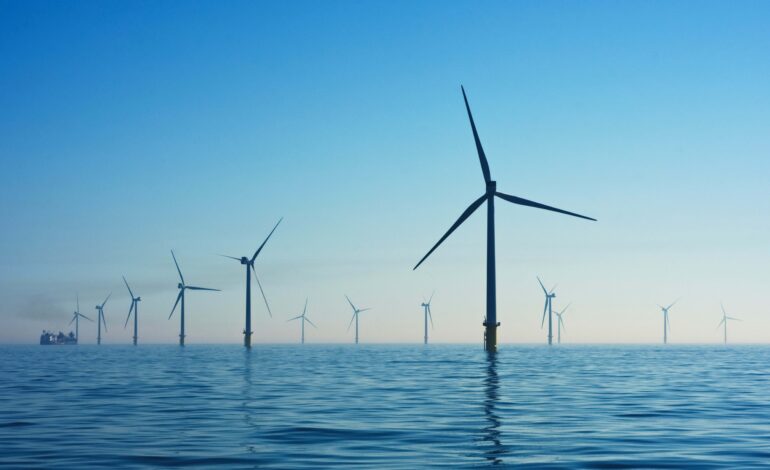
Renewable Energy Sources and Their Potential in Marine Fuel
In recent years, the maritime industry has been increasingly exploring renewable energy sources as viable alternatives to traditional fossil fuels. This article examines the potential of renewable energy sources in marine fuel, highlighting their benefits, current applications, challenges, and future prospects for sustainable shipping practices.
Overview of Renewable Energy Sources
Renewable energy sources for marine fuel encompass a range of technologies and resources that harness natural elements for propulsion and onboard power generation. Key sources include:
- Wind Power: Utilizing wind turbines, sails, or kites to harness wind energy for propulsion or electricity generation onboard vessels.
- Solar Power: Installing photovoltaic panels on ship surfaces to convert sunlight into electricity for onboard systems and auxiliary power.
- Hydrogen Fuel Cells: Generating electricity through the chemical reaction of hydrogen with oxygen, producing water as the only byproduct.
- Biofuels: Derived from organic materials such as algae, vegetable oils, or waste products, biofuels offer a renewable alternative to conventional fossil fuels.
Benefits of Renewable Energy Sources in Marine Fuel
- Environmental Sustainability: Renewable energy sources reduce greenhouse gas emissions, contributing to cleaner air quality and mitigating climate change impacts associated with maritime operations.
- Energy Efficiency: Certain renewable technologies, such as wind and solar power, can enhance fuel efficiency and reduce dependency on traditional bunker fuels, thereby lowering operational costs.
- Fuel Diversification: Introducing renewable energy sources diversifies fuel options, enhances energy security, and reduces vulnerability to fluctuating oil prices and supply chain disruptions.
Current Applications and Innovations
- Wind-Assisted Propulsion: Several vessels incorporate wind-assisted technologies like sails or rotor sails to reduce fuel consumption and emissions during voyages.
- Hybrid and Electric Propulsion: Hybrid propulsion systems combine traditional engines with batteries or fuel cells, allowing vessels to operate on renewable energy sources during specific modes or periods.
- Solar Panels: Solar panels are increasingly integrated into ship designs to generate auxiliary power for lighting, electronics, and onboard systems, reducing reliance on fossil fuel-powered generators.
Challenges and Considerations
- Technological Maturity: Many renewable energy technologies are still in early stages of development and require further refinement to achieve commercial viability and scalability for maritime applications.
- Infrastructure and Costs: The initial investment costs for installing renewable energy systems and infrastructure onboard ships can be substantial, requiring cost-effective solutions and supportive policies.
- Regulatory Frameworks: Alignment with international maritime regulations, safety standards, and port infrastructure capabilities is crucial for integrating renewable energy solutions into global shipping operations.
Future Prospects and Industry Developments
- Research and Innovation: Ongoing research and development initiatives focus on enhancing the efficiency, reliability, and affordability of renewable energy technologies for marine applications.
- Policy Support: Increasing regulatory support, incentives, and carbon pricing mechanisms encourage the adoption of renewable energy sources and sustainable practices within the maritime industry.
- Collaboration and Knowledge Sharing: Industry collaboration, partnerships between stakeholders, and knowledge sharing platforms accelerate the deployment and scaling of renewable energy solutions in maritime fuel.
Conclusion
Renewable energy sources hold significant promise for transforming marine fuel towards sustainability. By leveraging wind, solar, hydrogen, and biofuels, the maritime industry can reduce environmental impacts, improve operational efficiency, and pave the way for a greener future of shipping. As technology advances and global efforts intensify, integrating renewable energy into marine fuel will play a pivotal role in achieving sustainable development goals and enhancing resilience in global maritime transportation.





